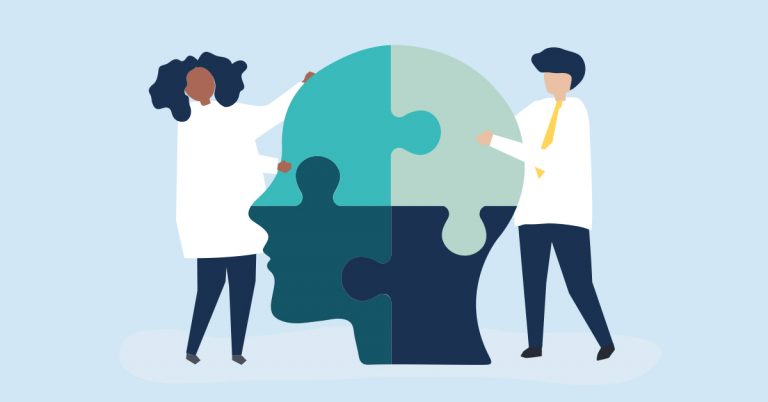Cultural factors play a significant role in shaping the experience and expression of Post-Traumatic Stress Disorder (PTSD). These factors influence how individuals from diverse cultural backgrounds perceive, interpret, and respond to trauma. Understanding cultural considerations in PTSD is crucial for providing effective and culturally sensitive mental health care. Here are key aspects to consider:
- Cultural Definitions of Trauma:
- Cultural Variability: The definition and perception of trauma can vary across cultures. What is considered traumatic in one cultural context may differ in another. Cultural norms, values, and belief systems shape the understanding of adverse events.
- Stigma and Mental Health:
- Cultural Stigma: Cultural attitudes toward mental health and seeking psychological support vary widely. Stigma surrounding mental health issues may discourage individuals from diverse cultural backgrounds from acknowledging or seeking help for PTSD symptoms.
- Collectivism vs. Individualism: Cultures emphasizing collectivism may prioritize family and community support over individual psychological well-being, impacting how individuals cope with trauma.
- Cultural Expression of Distress:
- Somatization: In some cultures, distress may be expressed through physical symptoms rather than verbal communication. Understanding somatic presentations of distress is important for accurate diagnosis and intervention.
- Cultural Idioms of Distress: Different cultures have unique idioms of distress, such as cultural idioms, expressions, or metaphors used to communicate emotional suffering. Recognizing these idioms is crucial for effective communication.
- Cultural Trauma and Historical Context:
- Historical Trauma: Cultures that have experienced historical traumas, such as colonization, genocide, or displacement, may have collective responses to trauma that impact the present generation. Historical trauma can contribute to the transmission of trauma across generations.
- Sociopolitical Context: The sociopolitical context of a culture can influence the prevalence and nature of trauma. Individuals from communities facing discrimination, persecution, or violence may be more prone to trauma exposure.
- Cultural Values and Coping Mechanisms:
- Cultural Resilience: Cultural values and traditions can contribute to resilience in the face of trauma. Cultural practices, rituals, and community support may serve as protective factors.
- Religious and Spiritual Coping: Religious and spiritual beliefs often play a significant role in coping with trauma. Individuals may draw strength from faith-based practices and seek support within religious communities.
- Language and Acculturation:
- Language Barriers: Language proficiency can impact communication and understanding in mental health settings. Providing services in the individual’s preferred language is essential for accurate assessment and treatment.
- Acculturation Stress: The process of acculturation, or adapting to a new culture, can be a source of stress and contribute to the development or exacerbation of PTSD symptoms.
- Gender and Cultural Norms:
- Gender Roles: Cultural expectations regarding gender roles may influence how trauma is experienced and expressed. Understanding cultural norms related to gender can inform treatment approaches.
- Sexual and Gender-Based Trauma: Cultural factors can influence the prevalence and disclosure of sexual and gender-based trauma. Stigma surrounding these issues may affect the reporting and treatment of PTSD.
- Cultural Competence in Treatment:
- Culturally Competent Interventions: Culturally competent mental health care involves understanding and integrating cultural factors into assessment and treatment. Therapists should be aware of their own cultural biases and continually educate themselves on diverse cultural perspectives.
- Collaborative Approach: Collaborating with individuals from diverse cultural backgrounds and incorporating cultural values into the therapeutic process enhances engagement and treatment outcomes.
- Community and Social Support:
- Community Healing Practices: Many cultures have community-based healing practices and rituals. Involving the community in the recovery process can provide additional layers of support.
- Collective Healing: In certain cultures, healing from trauma is a collective process that involves the entire community. Recognition of the interconnectedness of individuals within a cultural context is important for effective intervention.
Understanding and respecting cultural considerations in PTSD is essential for providing inclusive and effective mental health care. A culturally informed approach involves recognizing the diversity of human experiences, appreciating the impact of culture on trauma, and tailoring interventions to meet the unique needs of individuals from various cultural backgrounds.

